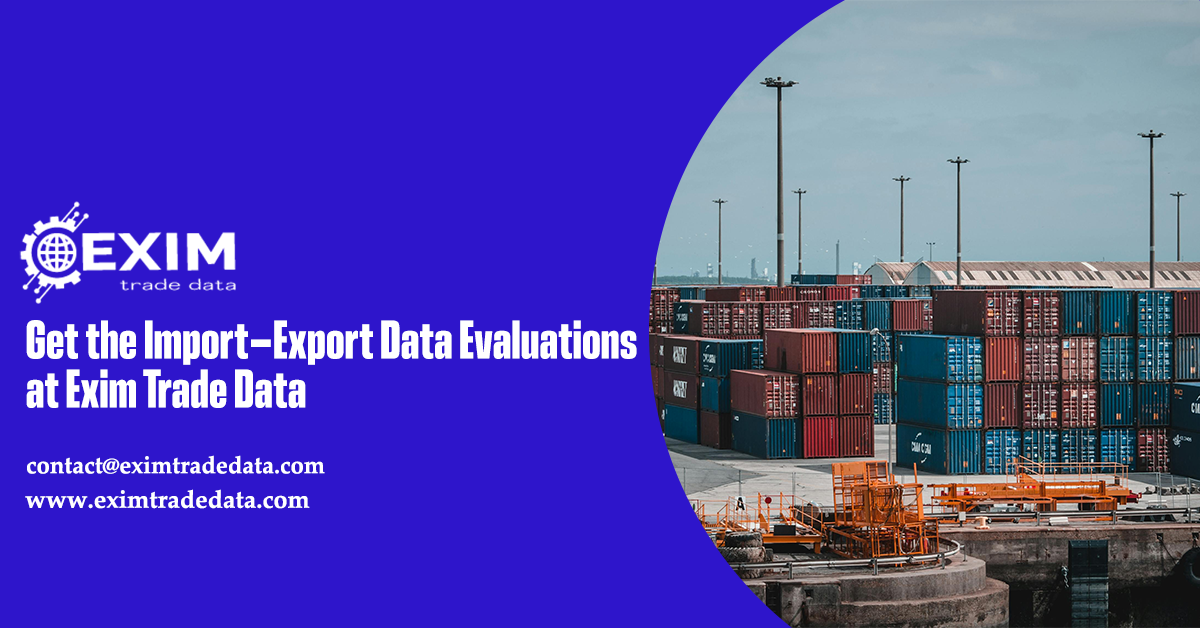Power Up Your Profits: Unleashing Energy Efficiency with ISO Standards
Table of Contents
-
Introduction
-
Understanding Energy Efficiency ISO Standards
-
What Is ISO 50001?
-
Why Energy Efficiency Matters
-
-
Business Benefits of Energy Efficiency ISO Certification
-
Cost Savings and ROI
-
Enhanced Brand Image
-
Operational Resilience
-
-
ISO 50001: Core Requirements and Framework
-
Energy Planning and Baseline
-
Performance Indicators and Monitoring
-
Management Review and Continuous Improvement
-
-
Integrating Energy Efficiency with Other ISO Standards
-
ISO 9001 Certification Synergy
-
EMS Certification and ISO 14001
-
Risk Management ISO 27001 and Data Security Compliance
-
-
Who Needs Energy Efficiency ISO Certification?
-
Small Businesses in the UK
-
The Food Industry and Device Manufacturers
-
-
How to Get ISO Certified
-
Step-by-Step Implementation
-
Choosing ISO Certification Services in the UK
-
-
Common Pitfalls to Avoid
-
Incomplete Energy Data
-
Poor Staff Engagement
-
-
Final Thoughts: Sustainability as a Strategy
-
FAQs
Introduction
Energy is the invisible engine of your business. But what if that engine is leaking money, efficiency, and opportunity? Enter the game-changer: Energy Efficiency ISO standards. Think of them as the blueprint for running a leaner, greener, and smarter business.
Whether you're a small startup in the UK or a sprawling food production company, ISO standards—especially ISO 50001—can turn your energy woes into wins. Let's break down what this all means for your bottom line, your team, and the planet.
Understanding Energy Efficiency ISO Standards
What Is ISO 50001?
ISO 50001 is the international standard for energy management systems (EnMS). It helps businesses—big or small—develop a structured framework for improving energy performance. Think less waste, more control, and better decision-making around energy use.
This isn't just about turning off lights. It covers:
-
Energy usage analysis
-
Objective setting
-
Energy-saving initiatives
-
Continuous monitoring
Why Energy Efficiency Matters
Energy isn't cheap. With rising costs and growing climate concerns, reducing consumption isn't just nice to have—it’s necessary. Plus, regulators and consumers are watching. Adopting sustainable energy practices isn’t a trend; it’s your competitive edge.
Business Benefits of Energy Efficiency ISO Certification
Cost Savings and ROI
Let's start with what every business cares about: money. Energy efficiency directly impacts the bottom line. Companies that implement ISO 50001 often report a 5-30% reduction in energy costs. The best part? Most improvements are low-cost or even free.
Enhanced Brand Image
Being environmentally conscious isn't just good ethics—it's good marketing. ISO 50001 sends a clear message: you care about sustainability and operational excellence.
Operational Resilience
ISO 50001 contributes to disaster recovery planning by identifying energy risks and mitigating them. Plus, it improves decision-making and accountability throughout your energy supply chain.
ISO 50001: Core Requirements and Framework
Energy Planning and Baseline
Start by understanding how and where you use energy. Identify your biggest energy consumers, then set realistic goals.
-
Establish energy baselines
-
Identify key drivers of consumption
-
Prioritize impactful changes
Performance Indicators and Monitoring
This is where your data security compliance plays a role. Real-time tracking helps you:
-
Detect abnormal energy patterns
-
Set KPIs for continuous improvement
-
Secure your energy data (think ISO 27001 integration)
Management Review and Continuous Improvement
Energy efficiency isn't a one-and-done deal. Through management reviews, you can:
-
Evaluate results
-
Make course corrections
-
Engage leadership and staff
Integrating Energy Efficiency with Other ISO Standards
ISO 9001 Certification Synergy
Already have ISO 9001? Great. You’re halfway there. Quality management and energy management systems share core principles like:
-
Leadership involvement
-
Risk-based thinking
-
Process optimization
EMS Certification and ISO 14001
ISO 14001 (Environmental Management Systems) dovetails beautifully with ISO 50001. Together, they tackle both workplace safety standards and sustainability.
Risk Management ISO 27001 and Data Security Compliance
The more connected your energy infrastructure, the more vulnerable it can be. ISO 27001 adds a data security compliance layer that protects:
-
SCADA systems
-
Smart meters
-
Remote monitoring platforms
Who Needs Energy Efficiency ISO Certification?
Small Businesses in the UK
Think ISO 50001 is only for big players? Think again. With ISO certification services for small businesses UK, even a five-person team can reap the rewards.
Why it matters:
-
Simplified operations
-
Lower overheads
-
Better competitive standing
The Food Industry and Device Manufacturers
For companies in the food industry ISO certification space, energy impacts every link in the supply chain—from refrigeration to packaging. Device manufacturers also benefit through improved device safety and performance via energy efficiency.
How to Get ISO Certified
Step-by-Step Implementation
-
Conduct an energy review
-
Define your scope and objectives
-
Develop an energy policy
-
Train staff
-
Implement monitoring tools
-
Conduct internal audits
-
Engage external ISO certification services in the UK
Choosing ISO Certification Services in the UK
Look for providers who:
-
Offer customizable packages
-
Understand your industry
-
Provide ongoing support (not just audits)
Common Pitfalls to Avoid
Incomplete Energy Data
Without full visibility, you’re flying blind. Invest in reliable energy monitoring tools to avoid misinformed decisions.
Poor Staff Engagement
A strategy is only as good as the people who execute it. Regular training and cross-department communication are essential.
Final Thoughts: Sustainability as a Strategy
Energy efficiency isn’t a checkbox—it’s a mindset. When done right, Energy Efficiency ISO certification doesn’t just reduce kilowatts; it amplifies everything from brand trust to profitability. You’re not just saving power. You’re building a resilient, responsible business.
So, ready to turn your energy into opportunity? Start with ISO.
FAQs
1. Is ISO 50001 mandatory for businesses in the UK?
No, but it's highly recommended for companies aiming to reduce energy costs and carbon footprint.
2. Can small businesses benefit from ISO 50001?
Absolutely! Many UK-based ISO certification services offer tailored solutions for small operations.
3. How long does ISO 50001 certification take?
Depending on the size and complexity of your organization, it can take anywhere from 3 to 9 months.
4. What industries benefit most from energy efficiency ISO standards?
High-energy sectors like manufacturing, food production, and data centers benefit the most.
5. Can I integrate ISO 50001 with other standards like ISO 9001 or ISO 27001?
Yes! Integration streamlines processes, reduces audit fatigue, and improves overall management efficiency.
Sponsored article: Benefits of BIS Certification for Smart Speaker Manufacturers and Importers








